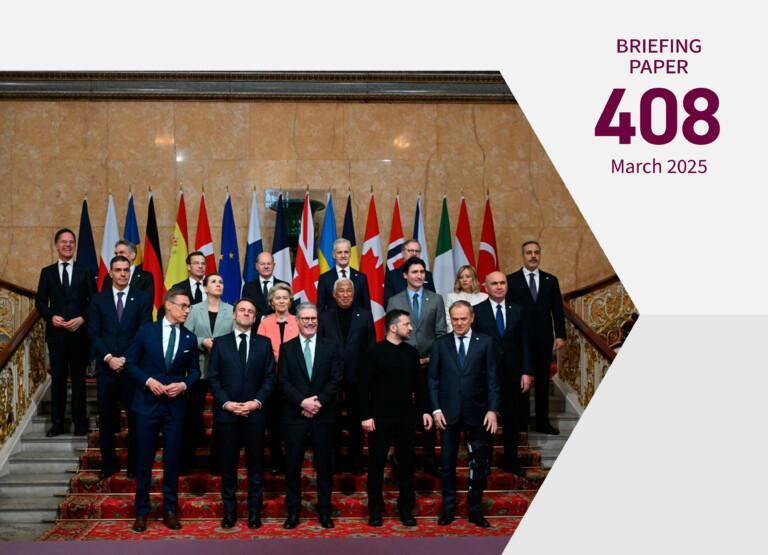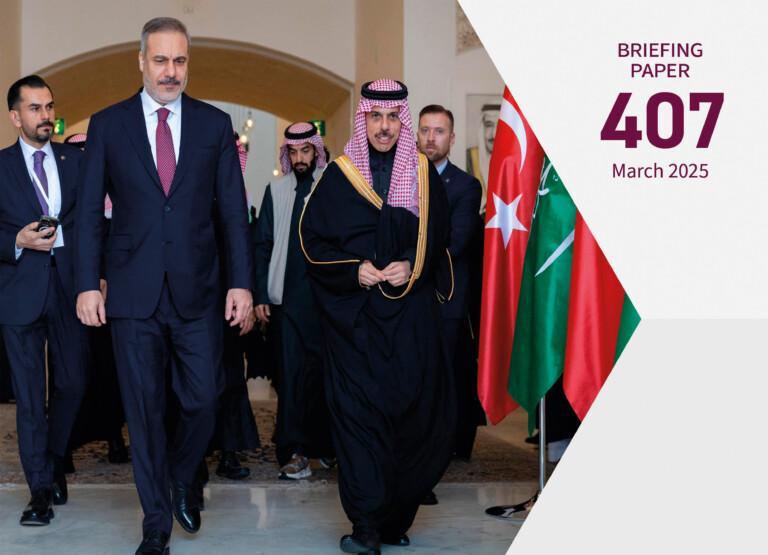
The Treaty of Lisbon gave national parliaments the prerogative to control certain aspects of EU decision-making directly, without the involvement of member state governments. Their main task is to ensure that the EU legislator respects the principle of subsidiarity in its work.
National parliaments also have their domestic roles in EU affairs. Their powers vary from country to country according to the national constitutional order. Holding a government accountable remains a challenge in many EU member states.
The diversity of national prerogatives and political cultures goes some way towards explaining why parliaments have utilized their scrutiny instruments differently. Some focus on holding their governments accountable; others take a more active part in the subsidiarity control mechanism and political dialogue with the Commission.
No yellow or orange cards were used by national parliaments via the subsidiarity scrutiny mechanism during the first year of the Lisbon Treaty. In the framework of political dialogue, the Commission receives an increasing number of parliamentary opinions on its legislative and consultative documents each year, but many national parliaments typically submit only a few opinions while the most active parliaments send dozens.
Such a highly unequal level of activity between national parliaments in relation to direct contacts with the Union’s legislator is mainly due to domestic factors. Before long, a structured political cooperation may have to be reconsidered, especially if national parliaments are expected to jointly exercise real control over subsidiarity compliance.










